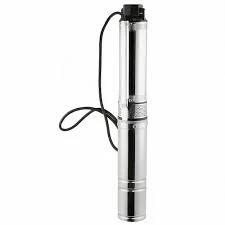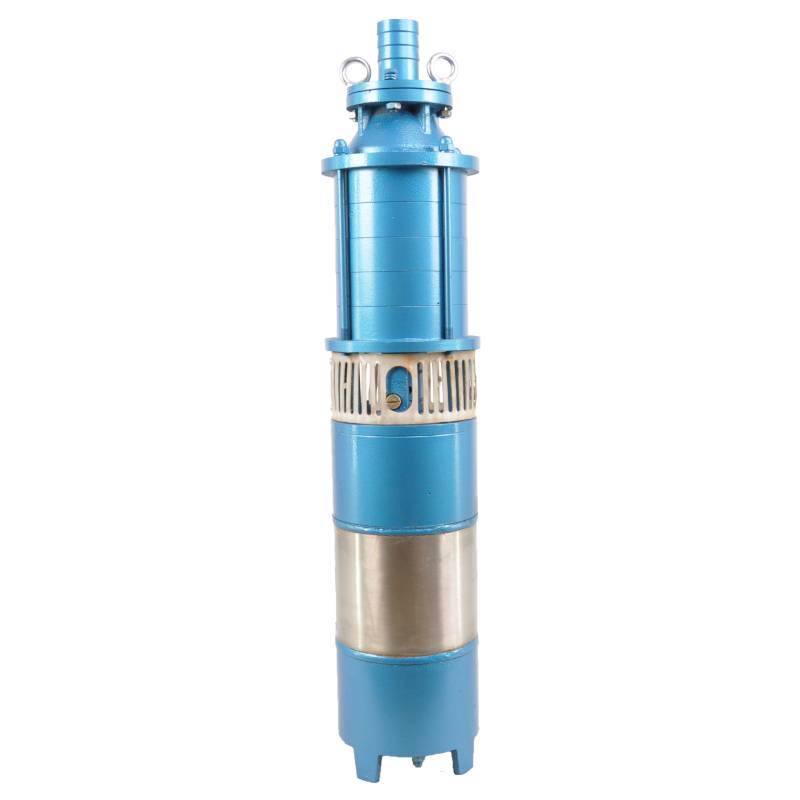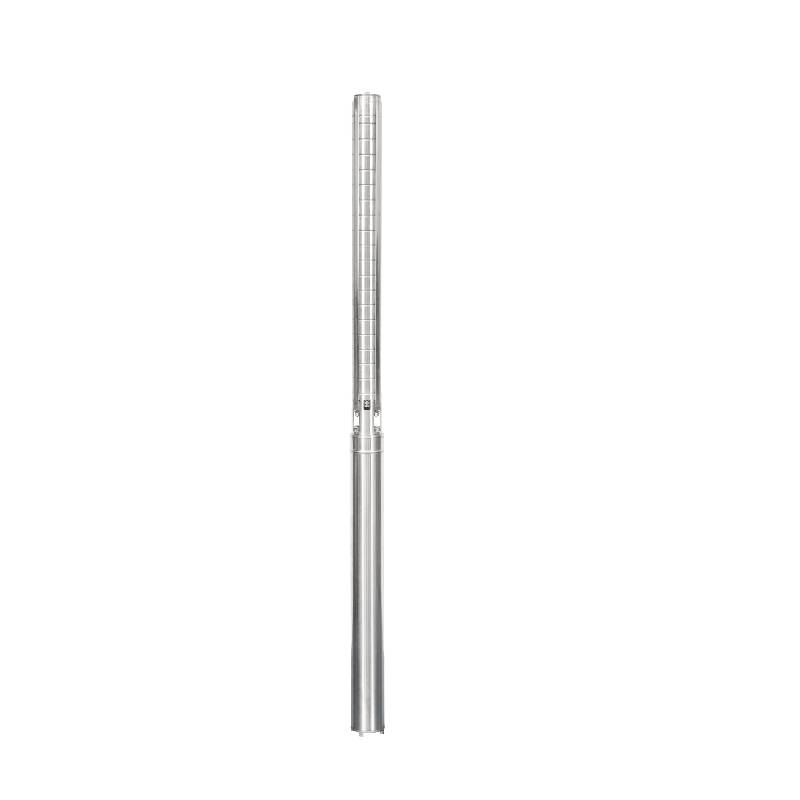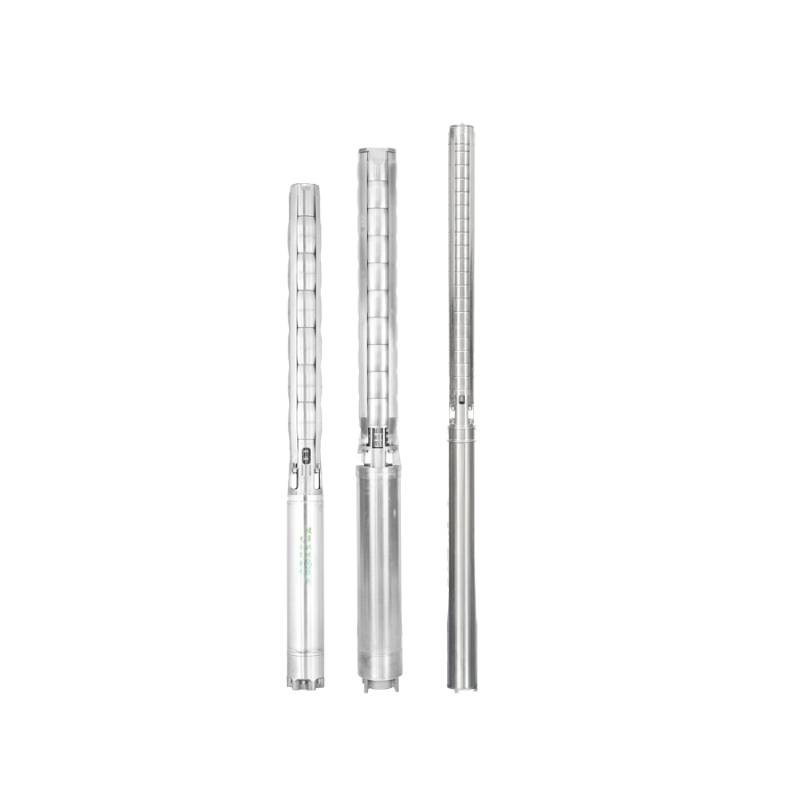Sep . 08, 2024 02:18 Back to list
Deep Well Pump Motor - High Efficiency Solutions for Deep Water Pumping
Deep Well Pump Motor An Essential Component for Efficient Water Extraction
Deep well pump motors play a crucial role in the extraction of groundwater, particularly in rural and agricultural settings where surface water may be insufficient. These motors are specifically designed to operate submerged in water, powering pumps that can reach depths of hundreds of feet. Understanding the functionality, design, and benefits of deep well pump motors is essential for anyone involved in water resource management and agricultural practices.
Functionality of Deep Well Pump Motors
The primary function of a deep well pump motor is to provide the necessary power to move water from deep underground to the surface. These motors are typically electric and are installed below the water level, directly coupled to the pump impeller. When energized, the motor creates rotational movement, which in turn drives the impeller, facilitating the movement of water upwards through the well casing.
The design of these motors is specifically tailored to handle the unique challenges presented by deep well applications. They are built to be highly durable, resistant to corrosion from water, and capable of operating under high pressure conditions. Common materials used in construction include stainless steel and various non-corrosive alloys, ensuring longevity and efficient performance even in harsh environments.
Types of Deep Well Pump Motors
There are various types of deep well pump motors available, with the most common being submersible motors and line-shaft turbine motors. Submersible motors are designed to be fully submerged in the water and are typically sealed to prevent water ingress. This design allows them to function effectively at great depths, often up to 1,000 feet or more.
deep well pump motor

On the other hand, line-shaft turbine motors operate with a vertical shaft running from the surface to the pump located deeper in the well. These motors are often used in large-scale applications, such as municipal water supplies and irrigation systems, where substantial volumes of water need to be pumped consistently.
Benefits of Using Deep Well Pump Motors
One of the main advantages of deep well pump motors is their efficiency in drawing water from significant depths. Traditional well pumps may struggle to extract water from deep aquifers, but these specialized motors ensure a reliable supply. Their reliable operation reduces the need for frequent maintenance or replacement, ultimately resulting in lower costs and increased productivity.
Moreover, advanced technologies in pump motor design, including variable frequency drives (VFDs), enable precise control over motor speed and water flow rates. This adaptability not only optimizes water extraction according to demand but also contributes to energy savings, making operations more environmentally sustainable.
Conclusion
Deep well pump motors are indispensable tools in modern water management and agricultural practices. Their robust design, efficiency, and ability to operate at significant depths make them vital for ensuring a stable water supply in various applications. As technology continues to advance, these motors will likely become even more efficient, further enhancing our ability to utilize groundwater resources sustainably and effectively. Whether for irrigation, household usage, or municipal supply, they remain a backbone of modern water extraction systems, promoting productivity and sustainability in water resource management.
-
submersible-sump-pump-auto-drainage-for-crawlspaces
NewsAug.22,2025
-
solar-powered-stainless-steel-submersible-well-pump-setup
NewsAug.22,2025
-
stainless-steel-well-pump-flow-rate-optimization
NewsAug.22,2025
-
water-filled-submersible-pump-fish-farm-oxygenation
NewsAug.22,2025
-
submersible-pump-in-aquaculture-and-fish-farming
NewsAug.22,2025
-
deep-well-submersible-pump-for-drought-areas
NewsAug.22,2025
-
 submersible-sump-pump-auto-drainage-for-crawlspacesCrawlspaces, those narrow areas beneath homes, are prone to water accumulation due to leaks, groundwDetail
submersible-sump-pump-auto-drainage-for-crawlspacesCrawlspaces, those narrow areas beneath homes, are prone to water accumulation due to leaks, groundwDetail -
 solar-powered-stainless-steel-submersible-well-pump-setupHarnessing solar energy to power stainless steel submersible well pumps is a sustainable and coDetail
solar-powered-stainless-steel-submersible-well-pump-setupHarnessing solar energy to power stainless steel submersible well pumps is a sustainable and coDetail -
 stainless-steel-well-pump-flow-rate-optimizationIn various applications like agriculture, domestic water supply, and industrial use, the flow rate oDetail
stainless-steel-well-pump-flow-rate-optimizationIn various applications like agriculture, domestic water supply, and industrial use, the flow rate oDetail
